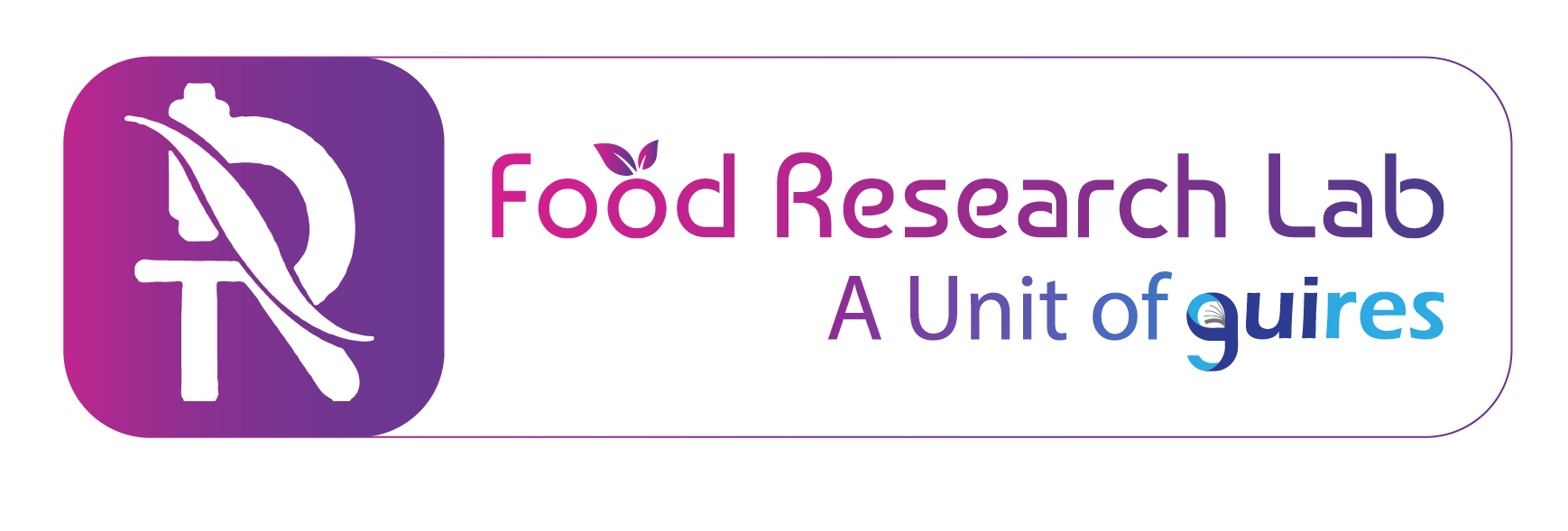
Are we eating cigarettes? Radionuclides, Cancer and food
Introduction:
Radioactive isotopes (radionuclides) occur naturally in the environment, including our bodies, food and water. We are exposed to background radiation from these radionuclides on a daily basis. The radiation comes from outer space like cosmic rays and naturally occurring radioactive materials (radionuclides) found in the ground, air and water. So we don’t even have to smoke to get Cancer since the food we eat can be the new cigarettes. Background levels of radionuclides in food depend on the type of food and the geographic region in which it is produced, and the levels of radiation in food depend on several factors, including the type and location of the food produced. The common radionuclides in food are potassium, radium, uranium 238 and their associated descendants. When large amounts of radioactive isotopes are released into the environment, they can reach the surface of food, such as fruit, vegetables or animal feed, as airborne deposits or affect the food through contamination.
Food application:
No single food is derived in the treatment of Cancer, nor could it protect from causing Cancer. Hopefully, researchers have shown certain food diet combinations can lower the risk of it, like vegetables, fruits, whole grains and plant foods. Various phytochemicals, vitamins and minerals have shown anti-cancer effects in many laboratory studies as per AICR. Amygdalin and linamarin present in the plant species as cyanogenic have shown anti-cancerous effects in research laboratory experiments in recent years. Dark green leafy vegetables high in fibre, folate, and carotenoids include mustard greens, lettuce, kale, chicory, spinach, and chard. These nutrients may aid in preventing mouth, throat, pancreas, lung, skin, and stomach cancers. This sheds light on food application in its cure too.
Conclusion:
There is no alternative strategy that can cure Cancer at the moment; thus, the finest of traditional medicine—surgery, chemotherapy, immunotherapy, radiation, and, shortly, molecular genetics—must be employed to treat it. Eating particular meals will not reduce your cancer risk. However, focusing on a plant-based diet and keeping a healthy weight will significantly lower your risk. Plan to have veggies, fruits, and whole grains on two-thirds of your plate.





